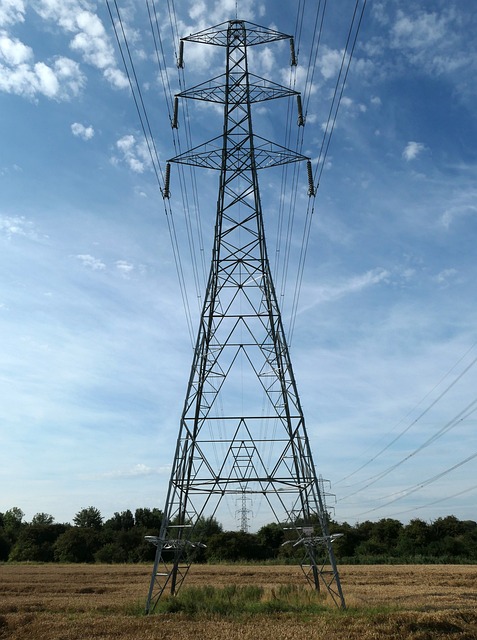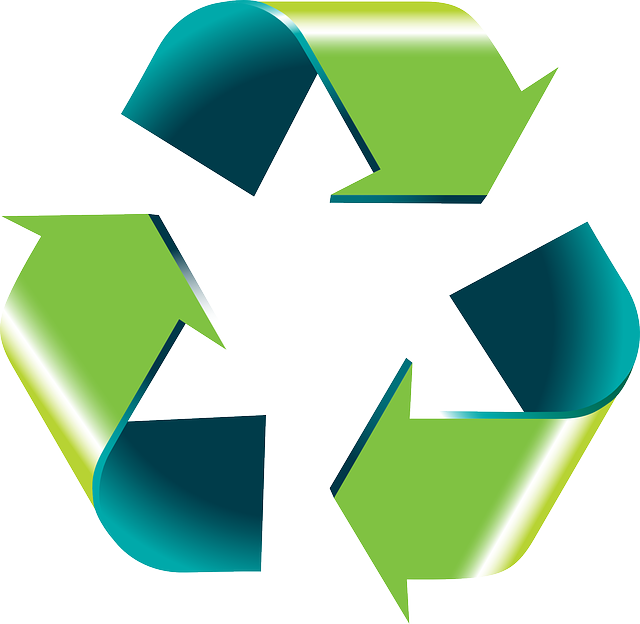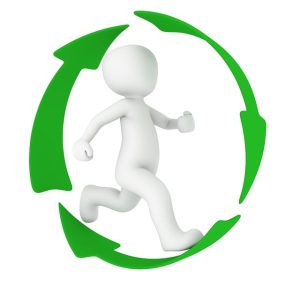Translation services for UK Environmental Impact Assessments (EIA) are vital for international project collaborations, ensuring regulatory compliance and effective communication. These services must capture technical terminology, convey environmental considerations accurately, and maintain document integrity in diverse languages. Choosing a provider requires expertise in ecological and legal frameworks, industry standards adherence, and a proven track record handling complex EIA documents. Clear language and visual aids, combined with community engagement, enhance stakeholder understanding during the UK's dynamic development landscape.
Need professional translation for your UK Environmental Impact Assessment (EIA)? This comprehensive guide explores the intricacies of translating EIAs, ensuring compliance with stringent UK regulations. From understanding key assessments to selecting the right language experts, we cover everything. Discover why accurate translation is vital for successful EIA communication and learn best practices for effective, compliant documentation. Find the perfect translation service provider for your UK EIA needs.
- Understanding Environmental Impact Assessments in the UK
- The Significance of Accurate Translation in EIA
- Challenges in Translating Environmental Documentation
- Types of Languages Required for UK EIA Translations
- Choosing the Right Translation Service Provider
- Ensuring Quality and Compliance in EIA Translation
- Best Practices for Effective Communication in UK EIAs
Understanding Environmental Impact Assessments in the UK

In the United Kingdom, Environmental Impact Assessments (EIA) are a critical process designed to evaluate the potential effects of proposed projects on the natural environment. These assessments play a pivotal role in ensuring that developments align with environmental sustainability and protection standards. EIA involves a comprehensive study of various factors, including ecological systems, air and water quality, noise pollution, and landscape impact, among others.
For projects that require translation services, understanding the nuances of EIA documentation is essential. Accurate translations are needed to ensure compliance across languages, especially for international companies operating in the UK or British firms expanding globally. Translation services for UK Environmental Impact Assessments must capture not just the technical terminology but also convey the environmental considerations and mitigation strategies effectively, ensuring that the original intent and rigor of the assessment are preserved.
The Significance of Accurate Translation in EIA

In the realm of Environmental Impact Assessments (EIA), accurate translation plays a pivotal role, especially in the diverse linguistic landscape of the UK. As the country welcomes projects from international entities, seamless communication becomes paramount to ensure the integrity and effectiveness of these assessments. Translation services for UK Environmental Impact Assessments are not merely about converting words from one language to another; they involve specialists who grasp the technical nuances of environmental science and regulatory frameworks.
This expertise ensures that critical information, such as potential ecological effects, mitigation strategies, and compliance with local laws, is conveyed with precision. Inaccurate translations could lead to misinterpretations, causing delays or even legal complications. Therefore, employing professional translation services specializing in EIA is essential for projects seeking approval from UK regulatory bodies, fostering a harmonious balance between development and environmental preservation.
Challenges in Translating Environmental Documentation

The process of translating environmental impact assessments (EIA) presents unique challenges due to the technical and sensitive nature of the content. These documents often include complex scientific data, legal terminology, and specific references to local ecosystems and regulations. Accurate translation demands a deep understanding of both the source and target languages, as well as expertise in environmental science and law.
One significant hurdle is maintaining the integrity of information critical for decision-making. Any linguistic nuances or conceptual differences between languages can lead to misinterpretations. Thus, professional translation services for UK EIA must employ translators with proven experience in this field to ensure precision and consistency throughout the document.
Types of Languages Required for UK EIA Translations

When it comes to environmental impact assessments (EIA) in the UK, accurate and professional translations are essential to ensure compliance with regulations and effective communication. The languages required for these translations can vary depending on several factors, including the project’s location, target audience, and legal requirements.
Commonly requested languages include European languages such as French, German, and Dutch, given the UK’s close proximity and historical ties to these regions. However, with global projects, languages like Chinese, Spanish, Arabic, and Russian may be necessary. Translation services for UK EIA should ideally cater to these diverse linguistic needs, providing native-speaking translators who can capture the nuances of each language and ensure the assessment documents are clear and precise for their intended audience.
Choosing the Right Translation Service Provider

Choosing the right translation service provider is paramount when it comes to environmental impact assessments (EIA) in the UK. With strict regulations and a nuanced legal framework, accuracy and expertise are non-negotiable. Look for companies specializing in environmental documentation and regulatory compliance, ensuring they have a deep understanding of terms specific to EIA, such as “ecological sensitivity” or “habitat fragmentation.”
Reputation and experience matter too. Opt for providers with proven track records in handling complex EIA documents, consistently delivering high-quality translations that meet industry standards. Check client testimonials and case studies to gauge their expertise, attention to detail, and ability to adapt to the unique demands of environmental assessments.
Ensuring Quality and Compliance in EIA Translation

Ensuring Quality and Compliance in EIA Translation is paramount, especially given the strict regulations surrounding environmental impact assessments in the UK. When leveraging translation services for UK Environmental Impact Assessments, it’s crucial to select providers with a deep understanding of both ecological terminology and legal frameworks. Reputable translators should adhere to industry standards and best practices, employing qualified linguists who are experts in environmental science and law.
This specialized knowledge enables accurate rendering of complex concepts, ensuring the translated document retains its meaning and integrity. Moreover, compliance checks should be performed to verify that the translation aligns with relevant UK regulations and guidelines, preventing any potential legal issues down the line. Thorough revision and editing processes are essential to catch subtle errors or discrepancies, thereby guaranteeing a high-quality, reliable translation that meets all necessary standards.
Best Practices for Effective Communication in UK EIAs

When conducting Environmental Impact Assessments (EIAs) in the UK, clear and concise communication is key to ensuring all stakeholders understand the potential ecological implications of a project. One effective practice is to use straightforward language that avoids jargon, making the assessment accessible to both technical experts and laypeople. Visual aids such as diagrams and infographics can also greatly enhance comprehension. These tools simplify complex data, allowing for better engagement from community members, policymakers, and other interested parties.
Additionally, involving local communities and indigenous knowledge holders in the EIA process is vital. Their insights can provide a unique perspective on the environmental health of the region, enriching the assessment’s depth and accuracy. Translation services play a significant role here by facilitating communication between diverse speakers, ensuring no linguistic barriers hinder the effective participation of all stakeholders in UK EIAs.
When conducting Environmental Impact Assessments (EIAs) in the UK, precise translation services are paramount to ensure compliance and effective communication. Accurate translations facilitate the evaluation of potential environmental impacts across diverse ecosystems and communities, enabling informed decision-making. Choosing the right translation provider who understands the nuances of ecological terminology is crucial. By adhering to best practices, including quality control measures and industry standards, we can streamline the EIA process, promote sustainable development, and protect our natural heritage through clear and effective documentation. Relying on professional translation services for UK EIAs is a vital step towards responsible environmental stewardship.
